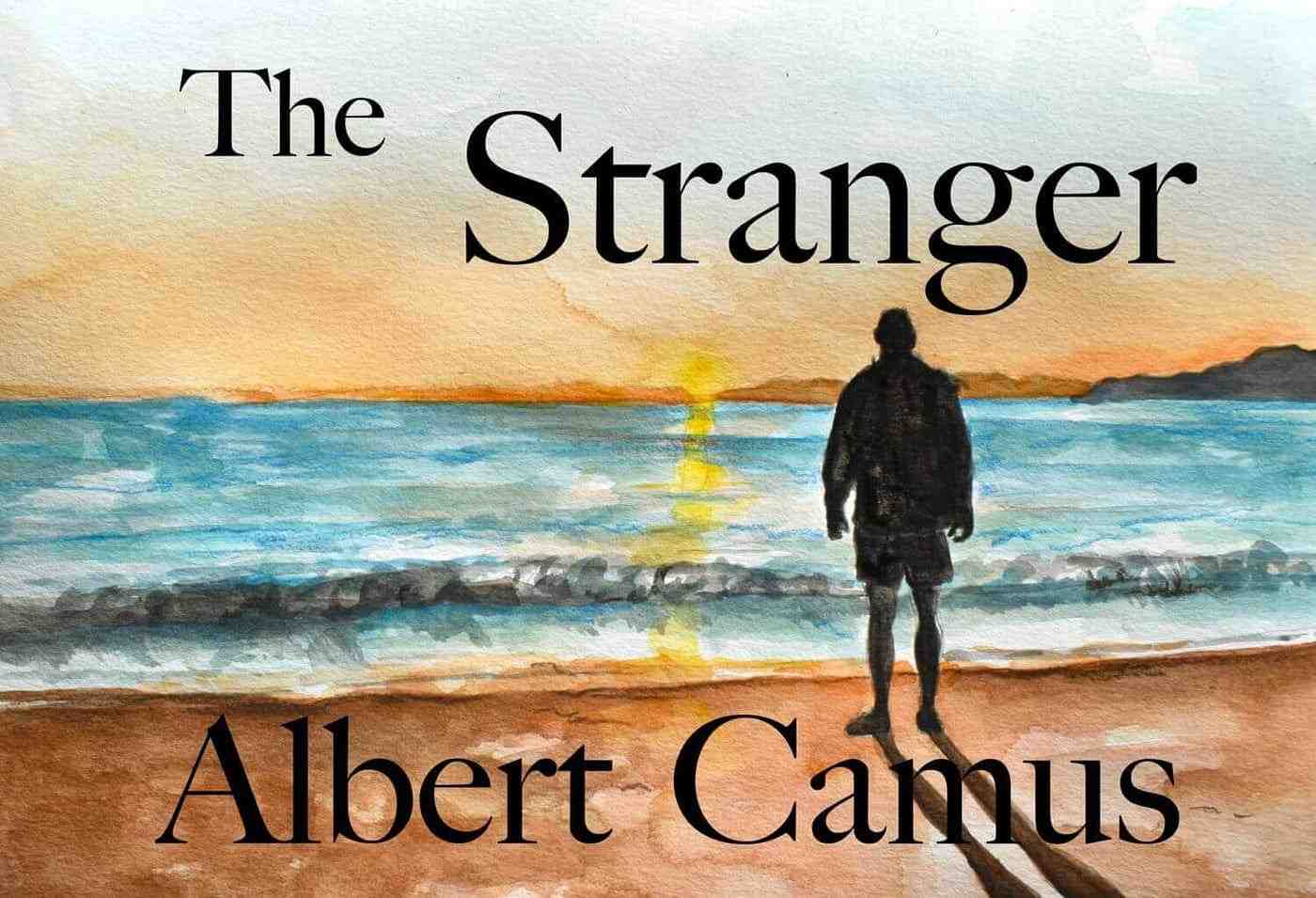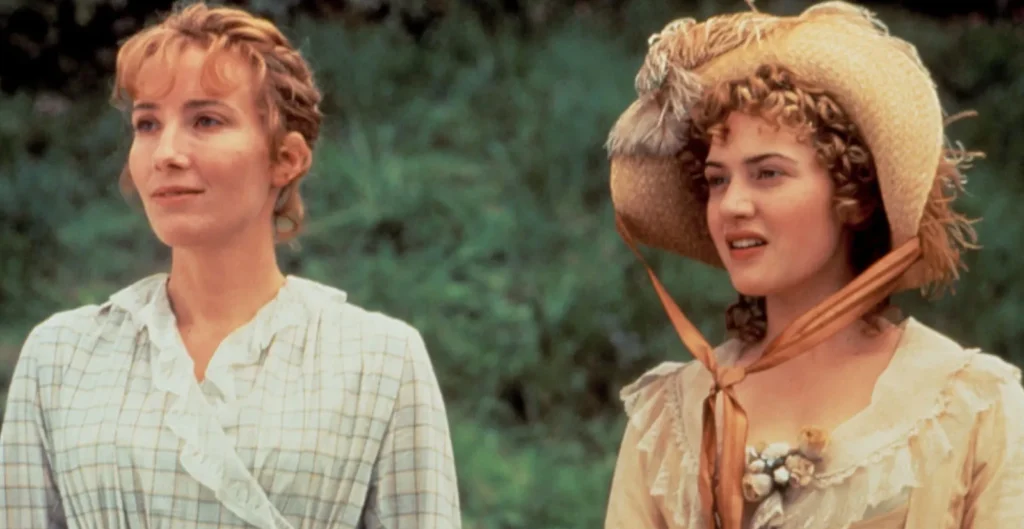The Stranger by Albert Camus
Albert Camus’ The Stranger (L’Étranger) is not just a novel; it is a philosophical statement, a challenge to conventional morality, and a window into the absurd. First published in 1942, this masterpiece encapsulates Camus’ philosophy of absurdism, questioning the meaning we assign to life and the expectations society places upon us. The Stranger, also published in English as The Outsider.

This novel quietly shakes the foundations of how we understand emotions, society, and human existence. At the center of the story is a man named Meursault, who lives in French-colonized Algeria. His life seems ordinary at first, but the way he sees the world makes him very different from others. This story does not follow a hero or a villain. It follows a man who simply watches life as it happens, without pretending to feel more than he actually does.
The novel begins with a sentence that tells a lot about Meursault. His mother has passed away, but instead of expressing sadness, he says, “Mother died today. Or maybe yesterday, I don’t know.” These words might surprise a reader. Usually, people expect grief or tears. But Meursault does not cry. He does not talk about his loss in emotional terms. He takes a bus to the nursing home where his mother had been staying. At the funeral, he does not weep or pray. Instead, he notices the hot sun, the bright light, and how tired he feels. He smokes cigarettes and drinks coffee during the vigil. These small details seem more real to him than the death itself.
This reaction is not because Meursault is cruel or heartless. He simply does not feel what society expects him to feel. He does not pretend. This makes him different from most people. After the funeral, he returns to Algiers and goes back to his everyday life as if nothing had changed.
Soon after, he runs into a former coworker named Marie. They spend time together, go swimming, and start a relationship. She seems to enjoy being with him, and soon she tells him she loves him. Meursault, in his usual calm and honest manner, tells her that he does not feel the same. But he also says that he would marry her if she wants to. He does not see love or marriage as very meaningful. To him, these things are just events, not reasons for deep thought or emotional change. He lives in the present moment without searching for deeper meanings.
Meursault also gets involved in the life of his neighbor, Raymond Sintès. Raymond is known to be violent and dishonest. He is angry with his mistress and wants to punish her. He asks Meursault to help by writing a letter that would hurt her feelings and lead to a fight. Meursault agrees without thinking much. He does not support Raymond’s violence, but he does not stop it either. He does what he is asked without questioning why. Later, Raymond beats the woman and is taken in by the police. Meursault again stays distant, neither shocked nor moved by the incident.
One weekend, Meursault, Raymond, and another friend go to a beach house. The air is heavy and hot, and they try to relax. But they soon run into trouble. The brother of Raymond’s mistress, an Arab man, is nearby. There is a tense moment, and a brief fight happens. Raymond is slightly injured, but things seem to calm down. Later, Meursault walks alone on the beach, feeling drained by the sun and heat. He sees the Arab man again, near a spring. The sun is blinding. The man flashes a knife. The light reflects off the blade, and Meursault, almost without thinking, shoots him. He fires once, and then four more times after the man has fallen.
This act is strange, shocking, and without a clear reason. Meursault does not explain why he pulled the trigger. He says the sun was too hot. It sounds like an excuse, but for Meursault, it is the truth. He was overwhelmed by the heat, the light, and the moment. He does not say he was angry or scared. He does not call the man an enemy. He just says what he felt.
Meursault is arrested. His trial begins, and the courtroom focuses less on the murder and more on Meursault’s life, especially his behavior after his mother’s death. The lawyers and judges are not interested in why he shot the man. Instead, they talk about how he did not cry at the funeral, how he smoked and drank coffee next to his mother’s body, and how he went swimming the next day with a woman. They try to prove that Meursault is a monster, someone without a soul. Meursault does not defend himself strongly. He answers questions truthfully, without trying to win sympathy.
The court cannot understand a man who feels little and shows no guilt. In their eyes, someone who does not cry for his mother must also be capable of murder without regret. His honest answers make things worse. When asked if he regrets the crime, he cannot lie. He does not say he feels remorse. He only says that he acted because of the sun and the moment. The trial becomes a punishment not just for the act of murder but for being different from others. The court wants to judge his heart, not just his hands.
Meursault is found guilty and sentenced to death. He is sent to prison to await execution. In the quiet of his cell, with nothing to do but think, Meursault begins to reflect more deeply. A chaplain comes to see him and offers him comfort through faith. But Meursault refuses religion. He does not believe in God, heaven, or life after death. He tells the chaplain that life and death are simply facts. There is no need to fear or hope. When he is told he must prepare to meet God, he says there is no such thing. The chaplain insists, but Meursault gets angry. He does not want lies. He wants truth, even if that truth is empty.
In the end, Meursault accepts his fate. He sees that life has no fixed meaning and that the universe does not care about him or anyone else. This thought, which might sound dark to others, brings him peace. If life is meaningless, then there is no need to worry or pretend. He feels calm. He remembers his mother and understands that she might have felt the same at the end. He feels a deep connection with the world around him, with the sun, the sky, and the sea. He is ready to die, not with fear but with open eyes.
Meursault’s story is not about learning to love or changing to fit society. It is about seeing the world clearly and accepting it without trying to force meaning where there is none. He never becomes emotional or dramatic. He simply lives and sees what is real for him.
The Stranger is a novel that stays with you. It does not offer easy lessons or moral judgments. Instead, it invites readers to think about life, death, and the space between. It challenges the way we expect people to behave, especially in moments of grief, love, or guilt. Meursault does not follow the rules of emotion, and that is what makes him both strange and deeply human.
Albert Camus, the author, used this story to explore the idea of the absurd. He believed that human beings often try to find meaning in a world that does not offer any clear answers. This can lead to confusion, frustration, or even despair. But Camus did not think this was a reason to give up. Instead, he believed that accepting life as it is, without trying to change its nature, could be a kind of freedom.
Meursault, by the end of the novel, finds this freedom. He accepts that the world is indifferent, and in doing so, he becomes free from fear, regret, and false hope. His journey is not one of emotional growth but of quiet clarity.
For readers, The Stranger is not just a story about a crime. It is a story about honesty, about living without masks, and about facing life without illusion. Meursault’s path may be difficult to understand, but it offers a powerful reflection on what it means to be alive.
If you are looking for a novel that speaks to the deeper questions of existence in a simple yet powerful voice, The Stranger is a book that will stay with you. It does not promise comfort, but it does offer truth.
Check out the short Video summaries of The Stranger here
Video summary in English Channel Credits: NowYouveReadIt
Video summary in Hindi Channel Credits: Geet Chaturvedi
Read The Silent Man’s Summary (Albert Camus’ short story)


